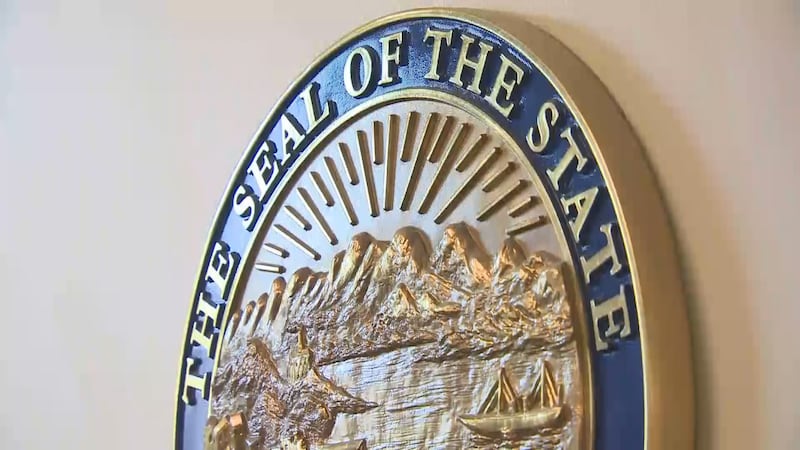Anchorage judge orders Alaska campaign contribution limit to be reinstated

An Anchorage judge has ruled that contribution limits should be enforced to independent expenditure groups, the Alaska equivalent of super PACs.
The case was brought forward by Equal Citizens, a nonprofit based out of Washington D.C., on behalf of three Alaskans. The nonprofit aims to end the influence of super PACs in politics and hopes the case will make its way to the U.S. Supreme Court.
In Alaska, independent expenditure groups function like super PACs do across the country: as groups that advocate and raise money for a candidate while remaining unaffiliated with the candidate.
On Oct. 28, Anchorage Superior Court Judge William F. Morse sided with Equal Citizens, ruling that an annual per-person $500 contribution limit to independent expenditure groups that exists under Alaska statute should be reinstated.
Strict campaign finance laws were passed by the Alaska Legislature in 1996 and supported by 73% of Alaska voters in a 2006 ballot measure.
The Alaska Public Offices Commission, the body that administers financial disclosure laws for campaigns and candidates, issued an advisory opinion in 2012 that said the $500 contribution limit was likely unconstitutional.
For the next seven years, hundreds of thousands of dollars have flowed into political campaigns in Alaska on both sides of the aisle.
The basis of that APOC decision was the landmark 2010 U.S. Supreme Court decision
, a ruling made on First Amendment grounds that lifted restrictions on groups making donations to super PACs.
Jason Harrow, the lead attorney for Equal Citizens, believes that
has been misinterpreted by lower courts, particularly on its implications for policing potential corruption.
Dr. Gerald McBeath, a Professor Emeritus of Political Science at the University of Alaska Fairbanks, who appeared as an expert during proceedings for a similar federal case, said that Alaska is uniquely at-risk from corruption.
McBeath told the court that Alaska has a relatively small legislative body and a reliance on oil for state revenue.
“Consequently, the incentive to buy a vote, and the chances of successfully doing so, are therefore higher in Alaska than in states with larger legislative bodies,” read the district court’s ruling that called for the $500 limit to be restored.
The Ninth Circuit affirmed the ruling in the 2016 case
.
Despite that ruling from a federal court, APOC did not revise its enforcement practices. In his ruling, Judge Morse said that was wrong.
For Equal Citizens, the hope now is that the Alaska case makes its way to the U.S. Supreme Court to clarify aspects of
and how limits are enforced on contributions made to political groups.
”It’s Alaska or bust,” said Harrow on the nonprofit’s hope to make a campaign finance case national.
For opponents of Alaska’s $500 contribution limit,
is a threat against freedom of speech. The Cato Institute, a Koch brothers-backed think tank, is now petitioning the U.S. Supreme Court to reverse the Ninth Circuit’s ruling.
“This is one of the lowest limits in the country, and it is 50 percent lower than the lowest contribution limit ever upheld by the Supreme Court,” read an article posted on the Cato Institute’s website in August.
On Monday, attorneys for the Alaska Department of Law, appearing on behalf of APOC, appealed for the Alaska Supreme Court to rehear the case. The petition claims that Morse misconstrued the implications and importance of
and that APOC has been right not to enforce the $500 contribution limit.









